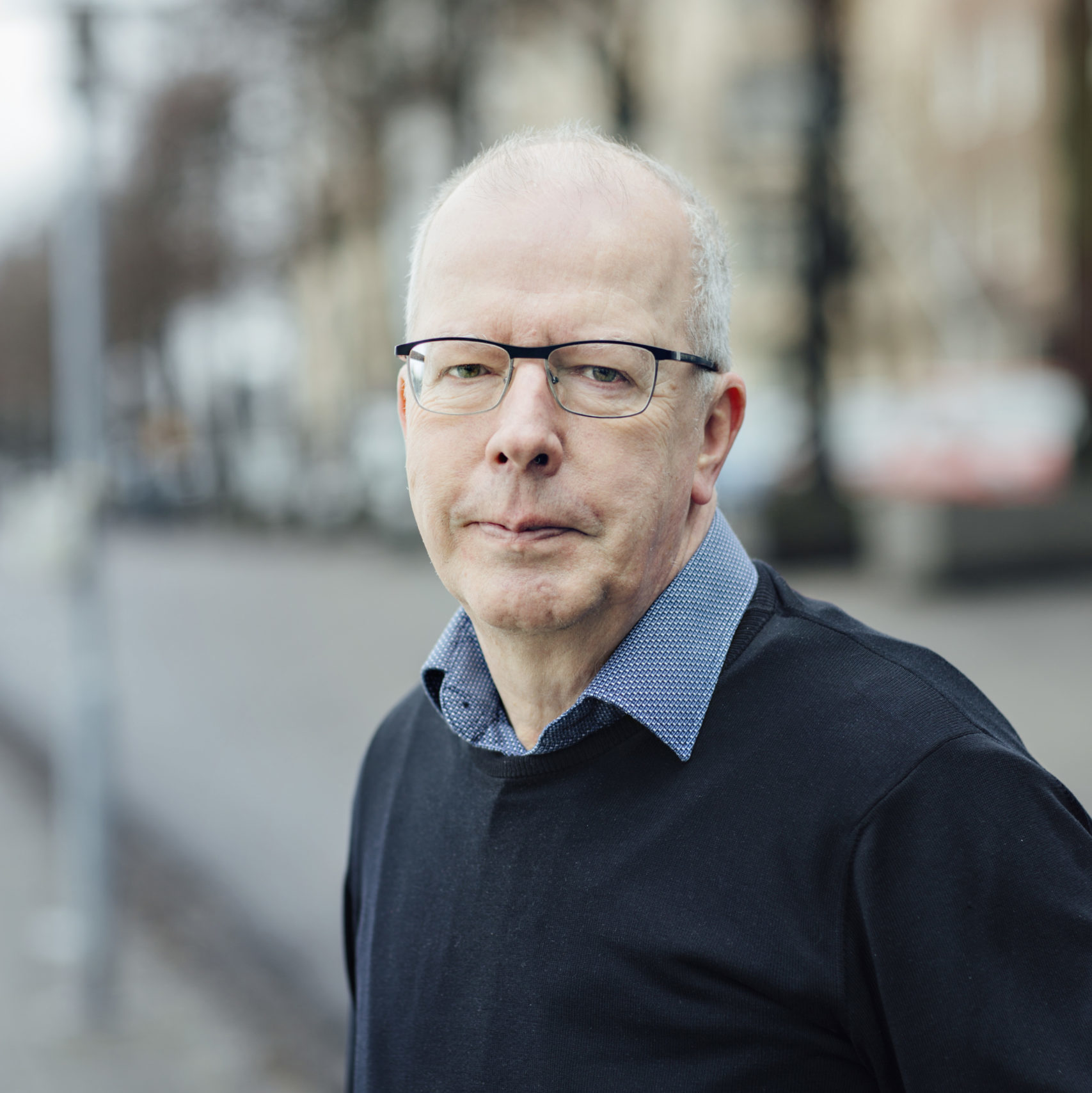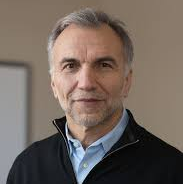
The Expert Convening is the final series of our 2020 Online Vanguard City Summit. The Expert Convening Series brings together leading experts on homelessness to talk about key issues affecting communities across the world. We want to ensure the discussion is as relevant and useful as possible, so the discussion will be focused on your questions for each topic. You can submit your questions using the link below. The deadline for submitting questions is 6 November. Even if you are not able to attend a session or plan to listen afterwards, please submit any questions you have. IGH’s Board Chair, Dame Louise Casey, will moderate and take part in each of the discussions.
This will be an entirely virtual event. Below, find information about each session alongside links to the Zoom registration.
Agenda at a Glance
The Intersection of Race, Caste, and Homelessness
17 November 2020 – 9 AM (EST) – 2 PM (GMT) – 7:30 PM (IST)
Scaling up Housing First
17 November 2020 – 10 AM (EST) – 3 PM (GMT) – 5 PM (EET)
Systems Change to End Homelessness in the Post-Pandemic City
18 November 2020 – 3:30 PM (EST) – 8:30 PM (GMT)
Agenda

Amanda Andere
Funders Together to End Homelessness
Amanda Misiko Andere has spent over fifteen years working in the nonprofit and public sector as a leader committed to racial and housing justice through advocacy for systemic change. Prior to joining Funders Together to End Homelessness as their CEO, she served as the CEO of Wider Opportunities for Women, a national advocacy organization. Currently, she serves as a board member of the United Philanthropy Forum and Equity in the Center. Amanda is a founding member and on the leadership team for the National Racial Equity Working Group on Homelessness and Housing. She also serves on the Leadership Council for the DC Partnership to End Homelessness. As a former Co-Chair of A Way Home America, Amanda is a co-conspirator in their work to end youth and young adult homelessness rooted in racial equity.

Indu Prakash Singh
CityMakers Mission International
indu prakash singh, a human rights defender, poet, author, feminist and PRA/PLA (Participatory Reflection and Action/Participatory Learning and Action/Participatory Rural Appraisal) practitioner and facilitator, is currently a consultant to a large number of development organisations. He has recently been made a member of the State Level Shelter Monitoring Committee for the Progress of Shelters for the Urban Homeless in Delhi.
indu is also a freelance consultant with IGSSS, Praxis – Institute for Participatory Practices, ActionAid India, Oxfam India, Centre for Advocacy and Research (CFAR), Azim Premji Philanthropic Initiatives (APPI), Paul Hamlyn Foundation (PHF) and many others. Apart from facilitating workshops, he has worked on evaluation assignments, alongside advising organisations in the development sector.
indu is also the Facilitator, CityMakers Mission International. He has worked in the social sector, on range of issues: Children, Youth, Women, the destitute, substance misuse, the Elderly, health: leprosy/ TB/HIV-AIDS/ Mental Health/ Community Health, rural and urban deprivations/ human rights violations, environment and biodiversity, food security and many more issues, for over 30 years.

Juha Kaakinen
Y-Foundation
Juha Kaakinen is an experienced and passionate developer of innovative housing solutions to homeless people and social housing. Juha Kaakinen is Chief Executive of Y-Foundation, the biggest Finnish NGO providing housing for homeless people and social housing with a housing stock of 17 000 flats. Before, he has worked in public administration of the City of Helsinki and as a CEO of Social Development Ltd, a company devoted to developing social and health services for cities and municipalities. He has also worked as a programme leader of a national programme to end long-term homelessness, and as a researcher and a consultant. He is internationally known as an advocate of Housing First policy.

Sam Tsemberis
Pathways Housing First
Sam Tsemberis is a clinical-community psychologist who originated the “Housing First” program. He serves as CEO of the Pathways Housing First Institute and Clinical Associate Professor, at UCLA Department of Psychiatry and Biobehavioral Sciences. Housing First, the program he launched in 1992, is an evidence-based intervention that uses a consumer choice, psychiatric rehabilitation philosophy, to engage, house, and provide treatment to individuals with long histories homelessness, mental illness, addiction, and health problems. Housing First operates from a social justice ethos to address poverty and the belief that housing is a basic human right. In several randomized control trails Housing First has consistently achieved 80% housing stability rates compared to 40% for standard housing and treatment programs. Dr. Tsemberis conducts training and provides consultation for agencies, cities, counties, and countries seeking to implement HF programs across the US, Canada, EU, Australia, and New Zealand. He has served as expert witness in state class action lawsuits advocating for social inclusion for individuals with psychiatric disabilities. He has published numerous articles, book chapters, and two books on these topics and his work has been recognized by the National Alliance to End Homelessness, American Psychiatric Association, American Psychological Association (Distinguished Contribution to Independent Practice), and the Lieutenant Governor of Canada (Meritorious Service Cross).

Rosanne Haggerty
Community Solutions
Rosanne Haggerty is the President and Chief Executive Officer of Community Solutions. She is an internationally recognized leader in developing innovative strategies to end homelessness and strengthen communities. Community Solutions’ large-scale change initiatives include the 100,000 Homes and Built for Zero Campaigns to end chronic and veteran homelessness, and neighborhood partnerships that bring together local residents and institutions to change the conditions that produce homelessness. Earlier, she founded Common Ground Community, a pioneer in the design and development of supportive housing and research-based practices that end homelessness.
Ms. Haggerty is a MacArthur Foundation Fellow, Ashoka Senior Fellow, Schwab Foundation Social Entrepreneur, and the recipient of honors including the Jane Jacobs Medal for New Ideas and Activism from the Rockefeller Foundation, Cooper Hewitt/Smithsonian Design Museum’s National Design Award and Independent Sector’s John W. Gardner Leadership Award.

Petra Salva
St. Mungo’s
Petra Salva is Director of Rough Sleeping, Migrant and Westminster services at leading UK homelessness charity St Mungo’s. From working as an outreach worker on the streets of London helping the capital’s rough sleepers, to influencing Government Policy and co-ordinating the St Mungo’s response to the global Covid-19 pandemic, Petra has dedicated her entire working career to helping the homeless. Prior to joining St Mungo’s she led rough sleeping services for two other homelessness organisations Thames Reach and Broadway. In 2011 she became Director of the London Mayors No Second Night Out programme, and since then has been instrumental in developing many programs aimed at reducing rough sleeping across London and Nationally. In 2019 she was awarded an OBE for services to homeless people.
